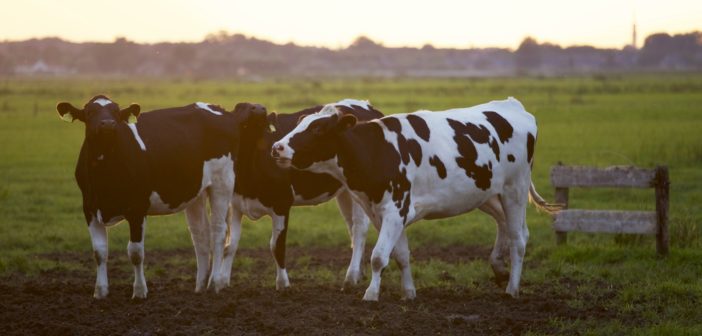I recently watched a short video of Greta Thunburg, a 15 year old who spoke at the recent UN Climate Change Conference (watch her speech on Youtube, here — VPN required). She addressed the Secretary-General of the United Nations and gave a powerful, eloquent speech telling leaders that the time is short, and changes must be made if we are to have a future on this planet. It was so amazing to see such a young person standing up for something she believed so passionately about. She was an inspiration to me and my family, which prompted us to think about all the little things we can do to help the environment. Things like avoiding plastic bags and straws, carrying re-usable chopsticks and refillable water bottles, composting at home… Then we realized there’s something else we can do, something that will have an even greater impact on the health of the planet, and even in our own personal health. The most important thing we can do is to eat more sustainably.
What exactly does that mean? Sustainability conveys images of environmental issues and development projects, but it applies to food production as well. It’s a way of eating that protects our environment. It helps to preserve our forests and biodiversity, decrease greenhouse emissions and actually costs less. Eating more plants and less meat is more sustainable, it means less human resources are used in the production of food, so there’s a lower impact on the environment.
Eating sustainably involves eating locally and seasonally. By decreasing the need for extensive transportation there’s a greater likelihood that the produce is fresh and more nutrient dense, as it has probably been picked at maturity. It also means there are fewer carbon emissions released during transport.
Sustainable eating is also related to how we spend our money. Unfortunately, many markets are driven by profits, and agriculture is no exception. In order to increase production and returns, livestock farms place animals in crowded conditions which are unsanitary and inhumane. It’s hard to believe, but the excrement of livestock is one of the largest producers of the greenhouse gas methane. That’s right, you read correctly, poop produced by cows specifically, creates huge amounts of greenhouse gases, including nitrous oxide and carbon dioxide.
A study published in the journal of science in June of 2018, says that cutting down on meat is the most significant way we can help the environment. According to the study, meat and dairy provide 18 percent of calories and 37 percent of protein consumed by humans, it uses 83 percent of farmland and creates 60 percent of greenhouse emissions. That’s not very efficient, with an example given that it’s like getting energy from coal. And if we consider that 100g of beef produces 105kg of greenhouse gases compared to 100g of tofu which produces less than 3.5kg, then it makes a lot of sense to consume plant sources of protein if we care about the health of our planet. If everyone in the world ate 50 percent less meat that would decrease more emissions than if we halved the emissions of all cars, planes, trains and every other form of transportation combined. That’s according to global emissions data by the US Environmental Protection Agency.
There’s so much more to say about sustainable eating, but as a start think about eating more vegetable sources of protein. The health benefits of a plant-based diet are well documented, and with our food choices, we can help our planet get healthier too.

Got a question?
Melissa Rodriguez is a naturopathic specialist and mother of two. To find out more, check out her website at drmelissarodriguez.com

This article first appeared in the beijingkids March 2019 Sustainability issue.
Photo: Matthias Zomer via Pexels




